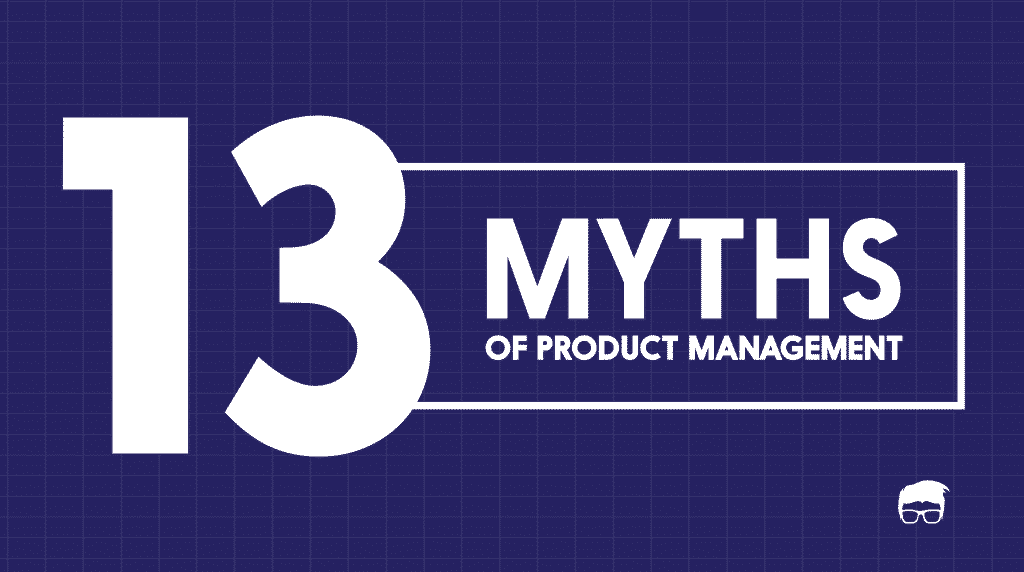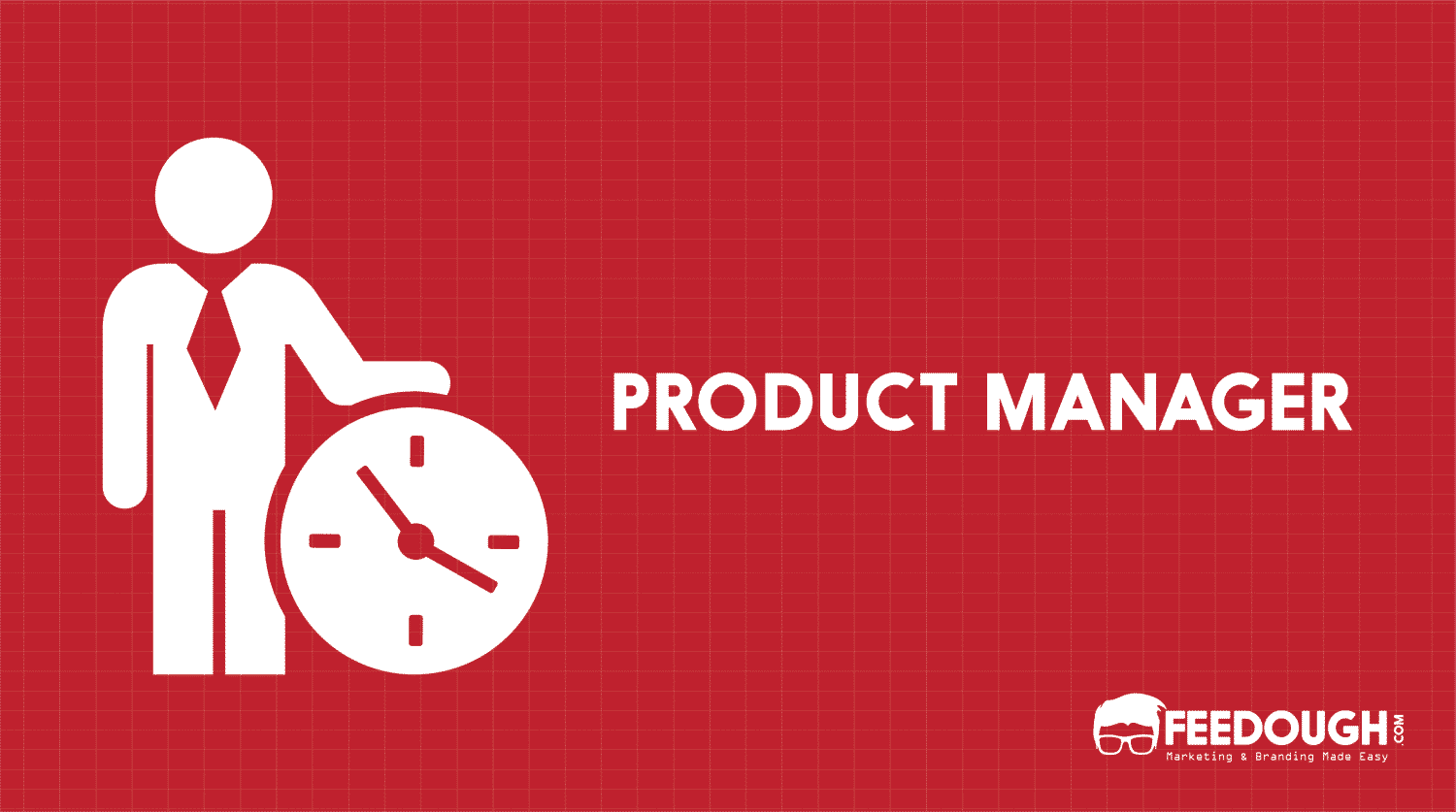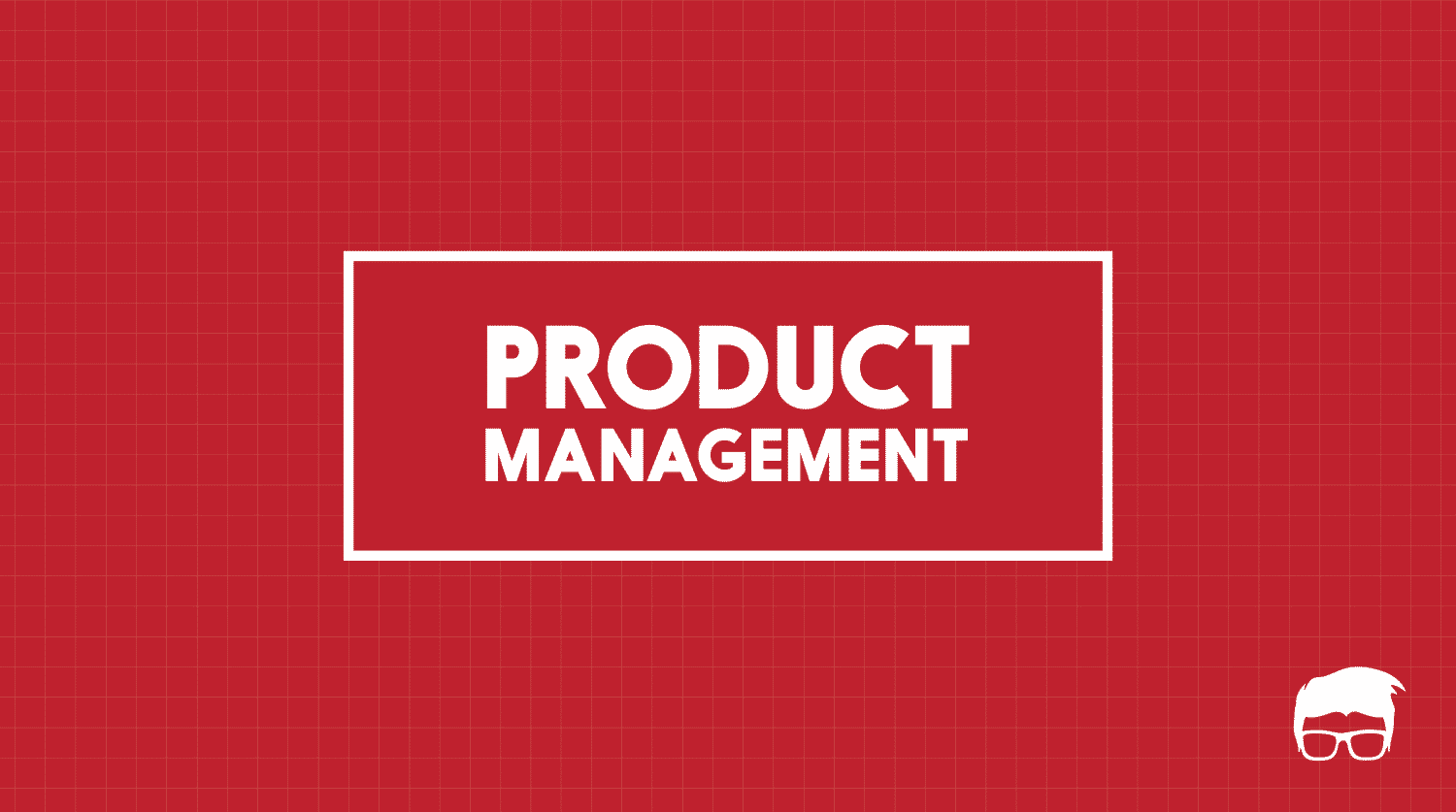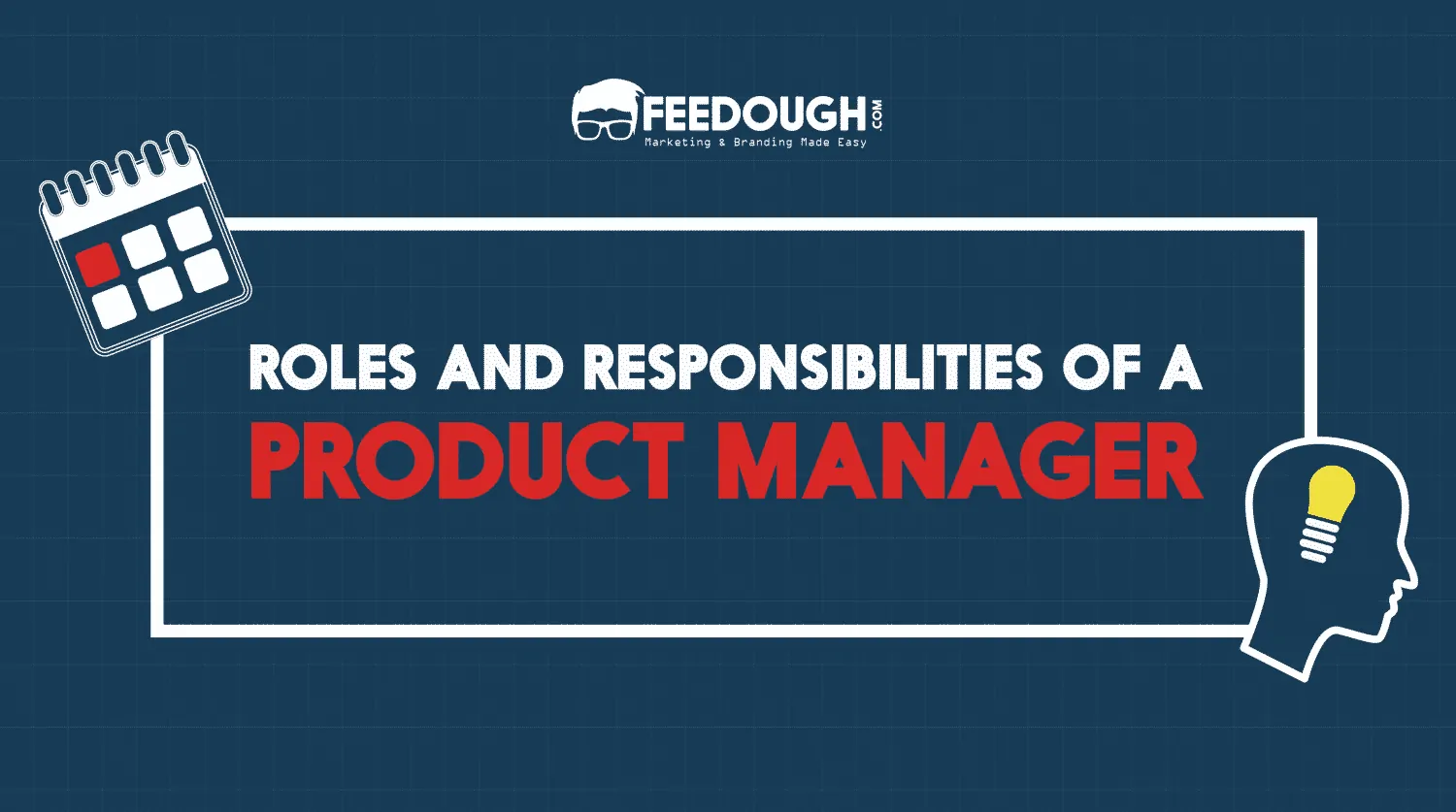Product Management is a relatively new role and many people are still trying to figure out what it is and what product managers do. The good thing is people all over the world have increasingly started viewing the role as critical to a company’s success. Yet for all its glory in the recent past, there are too many misconceptions out there surrounding Product Management. The myths are aplenty and we are here to debunk some of them.
Myths & Misconceptions About Product Management
#1 Product Managers are Project Managers
Reality – Some product managers have project management as a part of their job but most organizations have a separate role of Project Manager who deals with the timelines of the project. Product managers are more responsible for identifying customer pain points and then building solutions for them with the help of engineering and UX designers than the project timelines.
#2 Product Managers are in Marketing
Reality – There are marketing profiles called Product Manager as well and many Product Managers play a significant role in the marketing of the product but when it comes to most modern companies, especially technology companies, Product Management is different from Product Marketing. Product marketers decide how to market the product to get users to the product but product managers decide what happens when the users are using that product. Product marketers decide which features they should focus on for the branding of the product but the product managers decide which features should be built into the product in the first place.
#3 Product Managers and UX Designers do pretty much the same thing
Reality – Ahh! Companies wouldn’t be paying salaries to two different people had it been so, right?
While UX designers are more worried about interaction design, product managers have to take care of everything related to the product, from engineering to the user feedback. While both UX designers and product managers have to have a sense of design, UX designers go much deeper into it. However, how design fits into the larger picture is the product manager’s domain.
#4 Product Management is a technical role
Reality – Some people assume product managers are technical people. So they will not understand the other aspects of the product and it is okay to exclude them from the more strategic discussions. Some people also assume that product managers are technical people, so they can replace the engineering managers if the need arises. They understand the system design, database structure etc. very easily and can get into the nitty-gritties of it.
None of these is true. While product managers who come from an engineering background might be comfortable with the engineering, many come from other backgrounds like UX or even liberal arts as well. So while understanding technology is very important, the engineering is best left to those who understand it the most. They should also be involved with every strategic decision regarding the product. While the profile may look like they belong to engineering, they are more at the intersection of all teams.
#5 Product Managers just write the requirements/specifications
Reality – Product managers cannot get away with just delivering specifications. They have to see everything to completion. Many product managers fail in this regard.
#6 Product Managers only arrange meetings
Reality – Product management is not just about setting up meetings with all the teams and then letting them decide what to do and what not to do. He needs to have a much more active participation in the process. At the end of the day, the product manager is the voice of the customer. He has to make the best decision for the customer’s sake after taking all viewpoints into account.
#7 The customer is always right – Product Managers build exactly what the customer wants
Reality – The customer is usually right, not always. Yes, the product manager is the voice of the customer but there are hidden needs and deeper goals that he has to unearth. Product managers love customer research but the question they should ask themselves is if the customer research can be made so perfect that it can figure out what the customer himself does not know yet. Maybe testing of user behaviour with an MVP can help.
#8 Product Managers are the boss
Reality – Product managers have no formal authority over any team and hence no one is obligated to do what he says. A great product manager earns the respect of various teams and even without actual authority, is able to get the best out of everyone as he can make them see the bigger picture. A great product manager also knows his limits and knows not to step on the toes of the designers or engineers. While the product manager should speak up if the goals do not align, he should never try to control or micro-manage anyone. Empowerment is the key.
#9 One cannot become a Product Manager straight out of college
Reality – A product manager may be a “manager” but this does not mean you need years of experience to become one. Companies like Google, Facebook, Uber, LinkedIn etc. recruit product managers right out of college. One just needs to have the drive, passion, intellect and customer focus to be successful as a product manager.
#10 Ideation is more important than execution
Reality – Coming up with ideas might seem like the most important part of the job but the execution of those ideas matters more. Product managers need to be able to make the broad ideas tangible and actionable by understanding all the steps that are required to turn an idea into reality and then iron out the sharp edges.
11. Product Managers set the dates and stick to them without exceptions
Reality – The product managers do not set the dates. The engineering team does. He cannot ask them to build things faster, instead, he will need to prioritize and make trade-offs to make sure that the external deadlines are hit. A product manager also has to facilitate the entire development process for the engineers by getting rid of unnecessary roadblocks.
#12 Product Managers spend all their time with the development team
Reality – Great product managers spend more time with the customers than with others. As they say, if you have to cut a tree in five minutes, spend three minutes in sharpening your ax. While the engineering and design teams help in making the product, the true success of a product lies in its ability to delight the customer. So understanding one’s target customers and their needs is of paramount importance.
#13 Product Managers can add any feature to the product if it is “cool”
Reality – Cramming unnecessary features into a product serves no purpose. Just because a feature looks attractive does not mean it will serve a purpose for the end-user. If there is no need for a feature, adding it only wastes everyone’s time and adds to the frustration of both the development team and the customers.
Go On, Tell Us What You Think!
Did we miss something? Come on! Tell us what you think about our article on Top 13 Myths of Product Management in the comments section.
Product Guy. Introverted Marketer. Engineer by education. Movie and TV Geek by nature. Can be seen reading comics and non-fiction books when not binging on movies and Netflix shows. Pop-culture junkie. Out and out foodie. Wee bit self-obsessed.”







